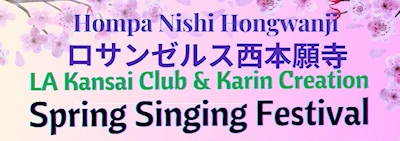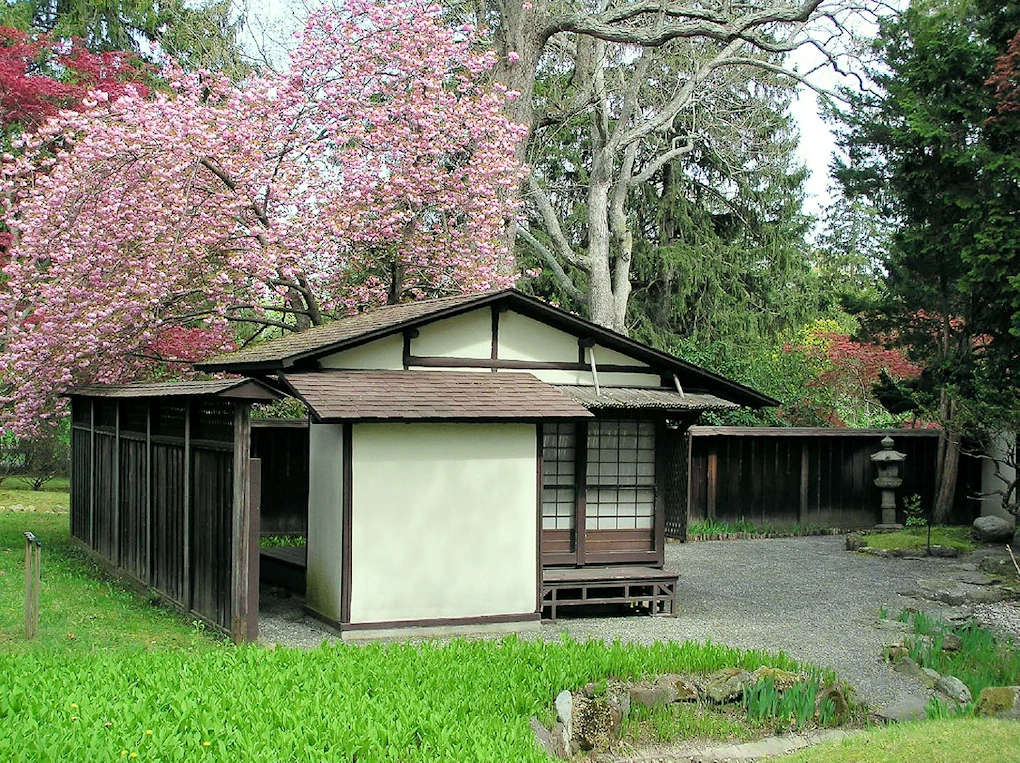Georgian Court University
Event Location
Lakewood, NJ 08701
Georgian Court University is a private, Roman Catholic university located in Lakewood, New Jersey. It was founded in 1908 by the Sisters of Mercy, a Catholic order dedicated to education and service. The university is situated on a historic 156-acre estate that once belonged to financier George Jay Gould. Its sprawling grounds feature beautifully landscaped gardens, fountains, and Georgian architecture, offering a serene environment for learning and reflection.
The university provides undergraduate and graduate programs with a focus on liberal arts, sciences, business, education, and nursing. Georgian Court emphasizes personalized education, with small class sizes and a commitment to fostering intellectual, ethical, and spiritual growth. Its programs are designed to empower students to become socially responsible leaders in their chosen fields.
Georgian Court is also known for its inclusive approach to education. While rooted in Catholic tradition, it welcomes students from all religious and cultural backgrounds. The university actively promotes diversity, equity, and sustainability, aligning its mission with modern global challenges and opportunities.
The campus itself is a National Historic Landmark, renowned for its architectural and natural beauty. Notable features include the Italian Gardens, the Japanese Garden, and the Gilded Age-style mansion, which is a centerpiece of the university's identity. These elements make Georgian Court a unique blend of historical charm and contemporary academic excellence.
Age and History of the Japanese Tea House
The tradition of the Japanese tea house, or chashitsu, dates back to the 16th century during Japan's Muromachi period. Tea houses were integral to the practice of the tea ceremony (chanoyu), a ritualized activity that blends aesthetics, spirituality, and social etiquette. The tea house was designed as a serene space, often modest in size and appearance, where participants could retreat from the distractions of daily life to experience tranquility and mindfulness.
The architecture of tea houses is rooted in simplicity and natural materials. Elements like tatami mats, wooden beams, paper screens (shoji), and subdued lighting create an intimate and meditative environment. These structures often include a small entryway, called a nijiriguchi, which requires participants to humble themselves by stooping as they enter.
The concept of the tea house has endured through centuries, continuing to symbolize harmony, respect, purity, and tranquility. Modern adaptations of tea houses are found worldwide, showcasing the timeless appeal of this cultural practice and its ability to foster connection and introspection.
Contact
Phone: (732) 987-2200Location Website
Click to Visit
(For Event Information See Event Website Page)
Authentic Japanese Gardens (United States)
Best Japanese Gardens
Japanese Rock 'Zen' Gardens (United States)
Best Japanese Rock 'Zen' Gardens
Japanese Teahouses (United States)
Best Japanese Teahouses
Japanese Museum Art
Japanese Museums Map of Japanese Museums











![2025 Los Angeles Dodgers Schedule with Japanese Superstars Shohei Ohtani, Yoshinobu Yamamoto and Roki Sasaki (2025 Schedule) [Video] 2025 Los Angeles Dodgers Schedule with Japanese Superstars Shohei Ohtani, Yoshinobu Yamamoto and Roki Sasaki (2025 Schedule) [Video]](/calendar/events/themes/lib/eid/40570i.webp)





